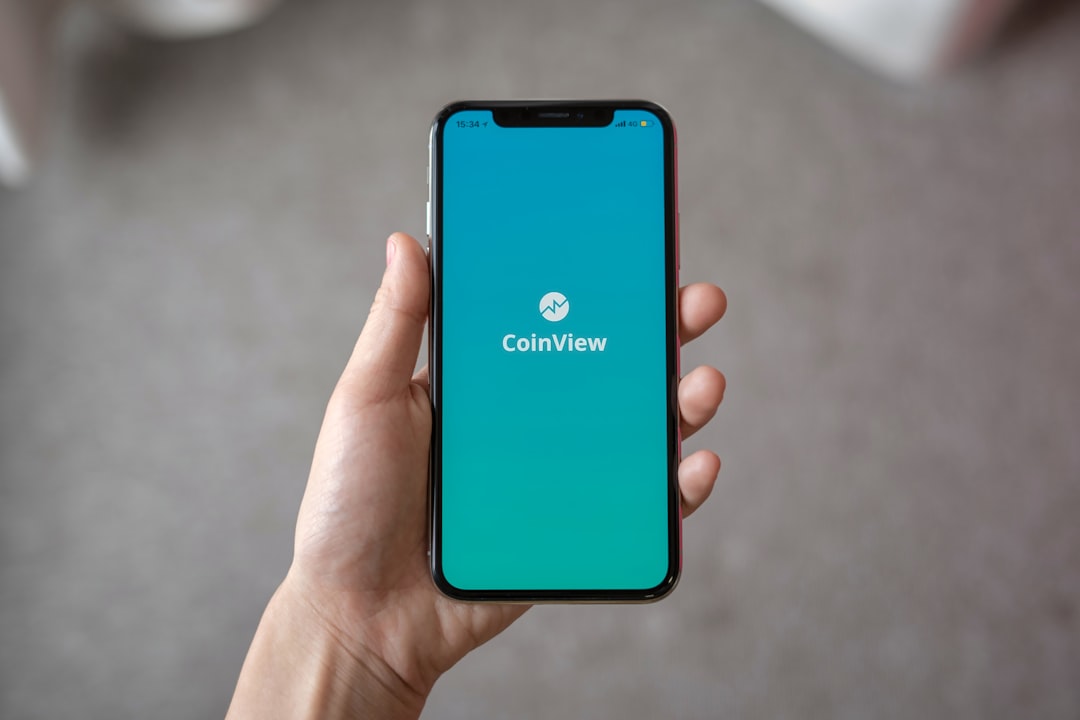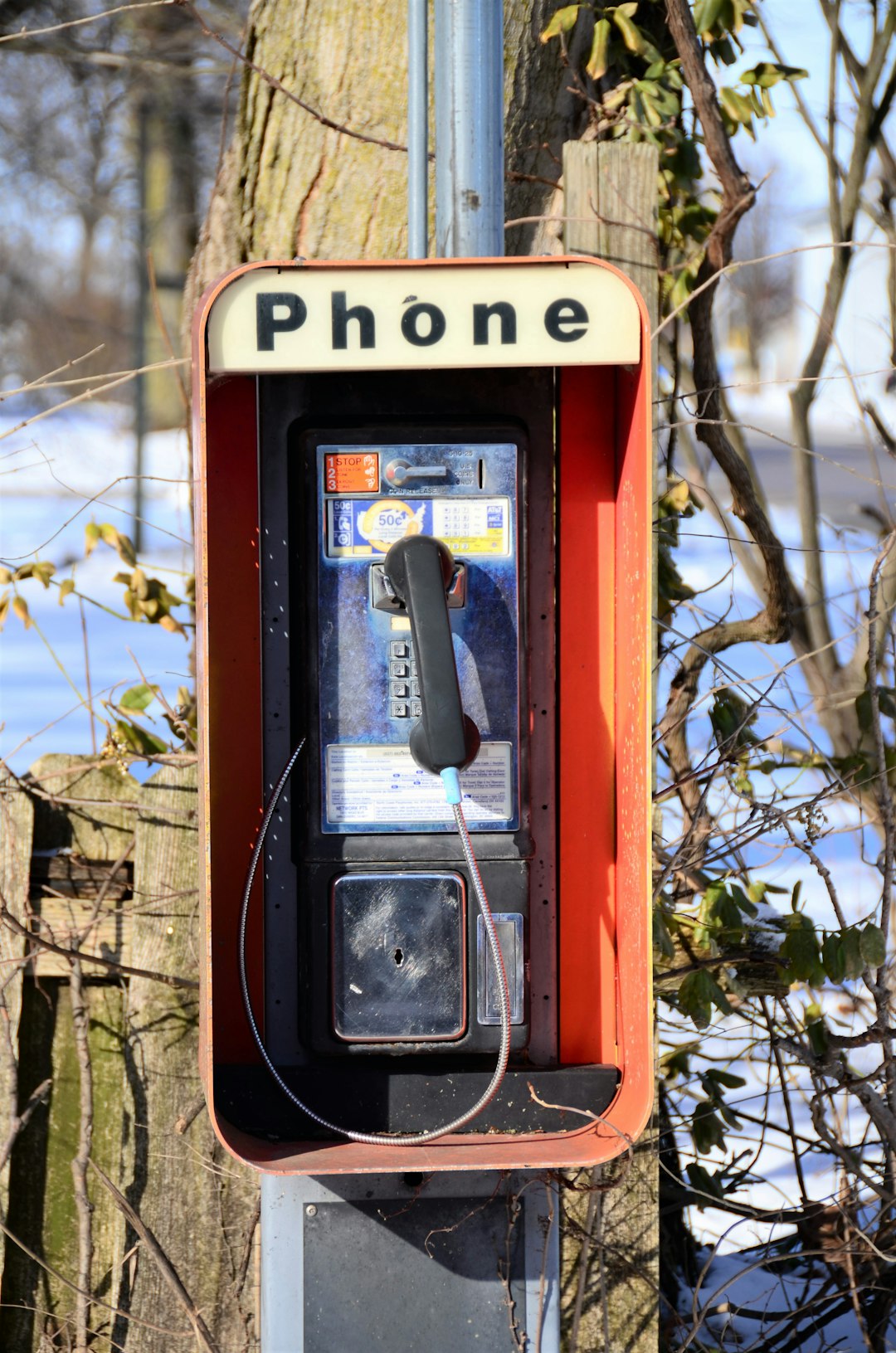Debtors in Maine are protected by state laws and federal legislation like the FDCPA, which regulate debt collection practices. Consumers can consult a lawyer for debt collector laws in Maine to ensure their rights are respected, especially when dealing with overwhelming debt. Debt collectors must obtain licenses from the DPRA, follow strict guidelines including communication restrictions and validation requirements, and adhere to ethical practices to avoid penalties and build trust. Legal recourse is available if violations occur, with lawyers specializing in Maine's debt collection laws assisting with compliance and dispute resolution.
Understanding Maine regulations for debt collectors is crucial for both professionals and consumers. This article guides you through the key aspects, including Maine laws governing collection practices, the rights of debtors under state law, licensing requirements for debt collectors, and legal action procedures for compliance. If you’re a lawyer specializing in debt collection or a consumer facing debt issues in Maine, this comprehensive overview is essential for navigating these regulations effectively.
Maine Laws Governing Debt Collection Practices

In Maine, debt collection practices are regulated by a combination of state and federal laws designed to protect consumers from unfair or abusive tactics. The Maine Revised Statutes Title 14, Chapter 608 outlines specific rules that debt collectors must adhere to, including restrictions on when and how they can contact debtors, requirements for validation of debts, and provisions against harassment or false representations.
Additionally, the Fair Debt Collection Practices Act (FDCPA), a federal law, also applies in Maine. This legislation prohibits debt collectors from engaging in certain questionable practices, such as using abusive language, making repeated phone calls with the intent to annoy, or misrepresenting the character of a debt. Consumers who believe their rights have been violated by a debt collector can seek legal recourse, and those who are facing overwhelming debt may consider consulting with a lawyer for debt collectors in Maine for guidance on navigating these complex regulations.
Rights of Debtors Under Maine Law

Debtors in Maine have specific rights under state law when dealing with debt collectors. One of the most important is the right to know who is attempting to collect a debt and what the nature of the debt is. Debt collectors must provide a written notice detailing this information within five days of initial contact, ensuring transparency and allowing individuals to understand their situation better.
Additionally, Maine regulations limit the frequency and manner in which debt collectors can communicate with debtors. They are prohibited from contacting individuals at inconvenient times or places, such as before 8 am or after 9 pm, and may only use automated dialing equipment or prerecorded messages for specific purposes, like appointment reminders or collection efforts during extended periods of silence. Individuals facing debt collection should consider consulting a lawyer for debt collector laws in Maine to ensure their rights are protected.
Licensing Requirements for Debt Collectors

In the state of Maine, debt collectors must adhere to strict regulations aimed at protecting consumers. One of the key aspects is licensing. Debt collection agencies and individual collectors in Maine are required to obtain a license from the Maine Department of Professional and Regulatory Affairs (DPRA). This license ensures that collectors meet specific standards and have the necessary training to engage in debt collection practices within the state. The application process involves submitting the required documents, paying fees, and demonstrating compliance with ethical and legal guidelines.
A lawyer for debt collector laws in Maine can provide valuable assistance during this process. Legal experts specializing in consumer protection laws can guide collectors through the licensing requirements, ensuring they meet all necessary criteria. This not only helps avoid potential penalties but also demonstrates a commitment to ethical debt collection practices, fostering trust with clients and consumers alike.
Legal Action and Compliance Procedures

In Maine, debt collectors must adhere to strict legal guidelines and compliance procedures set forth by state laws. If a debt collector violates these regulations, individuals may have legal recourse. A lawyer for debt collectors in Maine can help ensure that all practices are in line with state laws, including the Fair Debt Collection Practices Act (FDCPA) and Maine-specific legislation.
If a dispute arises, knowing the proper compliance procedures is crucial. These include verifying the debt, providing clear communication, and respecting consumer rights to challenge or verify the debt amount. A lawyer can assist in navigating these procedures, managing legal actions, and ensuring that both debt collectors and consumers understand their rights and responsibilities under Maine regulations.






